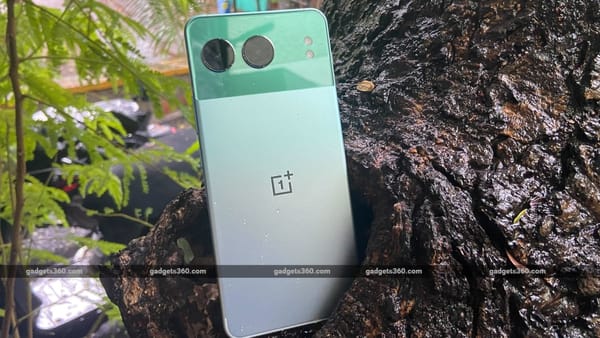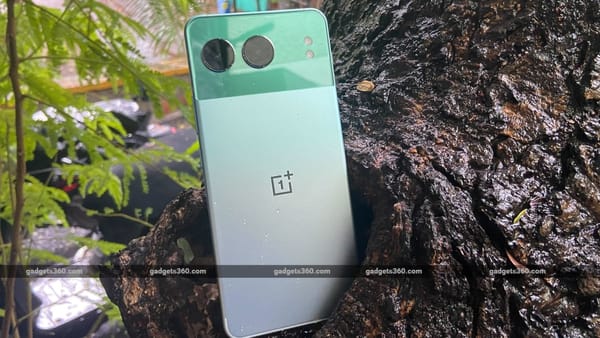Creating Inclusive AI Models for Black and Brown Communities

Introduction
The advancement of artificial intelligence has opened up new possibilities for various applications. However, many AI models, including ChatGPT, lack cultural nuance, particularly in relation to Black and brown communities. This has led to the emergence of Black-owned chatbots and AI models aimed at providing more tailored and inclusive experiences.
The Need for Cultural Representation
- Current AI models often have a Eurocentric bias, leading to generalized responses that do not accurately reflect the experiences of Black and brown individuals.
- Black founders have recognized this gap and are developing AI tools to cater specifically to their communities.
Personalized AI Solutions
- John Pasmore created Latimer.AI to provide answers reflecting the experiences of Black and brown people, focusing on accuracy and cultural relevance.
- Erin Reddick's ChatBlackGPT offers tailored responses about Black culture, with a community-driven approach.
- Tamar Huggins developed Spark Plug, which translates educational material into African American Vernacular English (AAVE) to better engage Black and brown students.
Enhancing Educational Experiences
- By prioritizing Black information sources, these AI models aim to provide more relatable content for Black and brown students.
- Incorporating linguistic and cultural experts in the development process ensures accuracy and authenticity in the outputs.
Uniting the Diaspora
- In Africa, CDIAL.AI is addressing the lack of representation in AI models by focusing on speech patterns and language diversity across the continent.
- Collaboration with native speakers and linguists helps bridge the gap in training AI models with diverse African languages and dialects.
Addressing Diversity in Stock Imaging
- Pocstock was founded to create stock images of people of color, aiming to increase diversity in visual content for AI models and businesses.
- Improved diversity in stock imagery contributes to more inclusive AI training data and reduces bias in image generation.
Future Outlook
- The development of cultural-specific AI models by Black founders is paving the way for more inclusive and personalized AI experiences.
- Continued efforts towards diversity and cultural representation in AI models will lead to more accurate and relevant outputs for users.
In conclusion, the rise of Black-owned AI models signals a shift towards a more inclusive and culturally aware AI landscape. By prioritizing diversity and authenticity in training data, these models are reshaping the future of AI for Black and brown communities.


